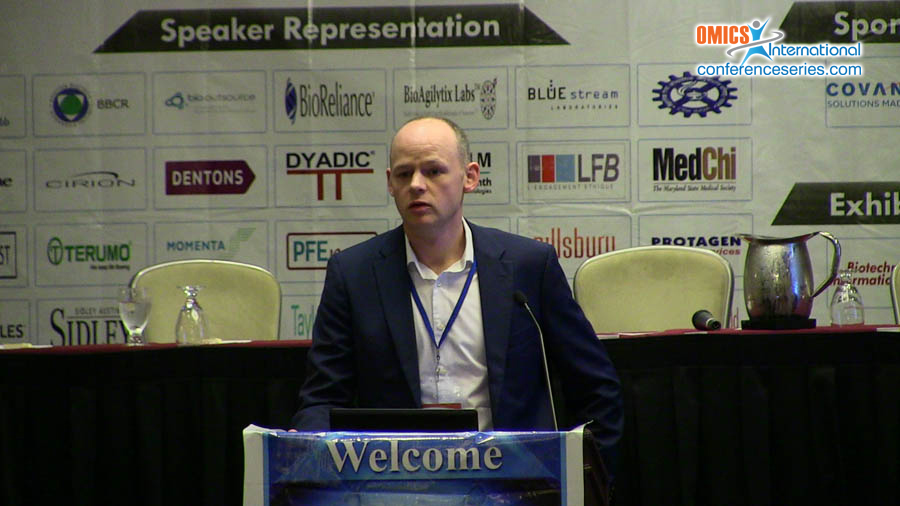
Andy Upsall
BioOutsource, UK
Title: The Characterisation of Biosimilar mAbs using Biologically Relevant and Sensitive ADCC methodologies
Biography
Biography: Andy Upsall
Abstract
The model for bringing a biosimilar drug to market is evolving; the regulations have required manufacturers to establish similarity based on multiple analytical methods - comparing this to the Reference Medicinal Product (RMP). However looking forward the FDA have introduced the concept; "highly similar with finger-print like similarityâ€, as the “gold standard†for similarity and will be viewed in a crowded market of many different biosimilars, as key to successful uptake of the drug by clinicians and patients. For manufacturers of biosimilar monoclonal antibodies, one of the greatest obstacles to meeting fingerprint like similarity is the creation of a product with the desired ADCC (Antibody-Dependent Cell–Mediated Cytotoxicity) profile, the recent approvals for Remsima demonstrates this is a continuing issue. Measuring ADCC activity relies on mimicking in vitro, the activation of innate constituents of the immune system, this is a complex stepwise series of events that can be influenced by a multitude of factors. The importance of these constituents of these steps in the immune system are slowly becoming more understood and with recent improvements in analytical methodologies we are now able to tease apart the individual interactions and better understand the ADCC potential of biosimilar monoclonal antibodies. Using ADCC data obtained from a comparison of Remicade and Remsima, this presentation will highlight the requirement for a suite of highly sensitive, orthogonal methods that can be applied at varying stages of development that allow identification of potential differences between biosimilar and RMP, prior to the application of methods with increased biological relevance to determine the potential impact on clinical efficacy or safety.

